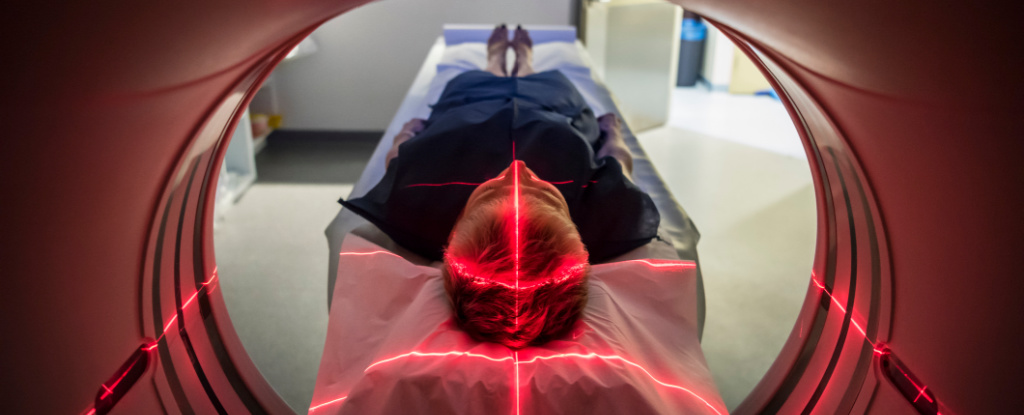Unlocking the Secrets of Deep Sleep: A Guide to Delaying Alzheimer's
The Role of Deep Sleep in Brain Health
Deep sleep, a state characterized by slow brain waves and the absence of dreams, offers a rejuvenating period that is vital for brain health. Researchers from top-tier institutions have found that during deep sleep, the brain eliminates waste products, including those implicated in Alzheimer’s. Dr. Matthew Walker, a renowned sleep scientist, articulates, "Sleep is the Swiss Army knife of health, central to everything from immune function to brain health."
How Lack of Sleep Accelerates Alzheimer's Symptoms
- The build-up of amyloid-beta proteins due to insufficient deep sleep.
- Increased inflammation and oxidative stress.
- Impairment in memory consolidation and cognitive function.

Strategies to Enhance Deep Sleep
Improving deep sleep is essential for preserving brain health. Practical approaches include:
- Maintaining a consistent sleep schedule.
- Creating a dark, quiet, and cool sleep environment.
- Limiting caffeine and heavy meals before bedtime.
For more tips, explore sleep hygiene products.
"A good laugh and a long sleep are the best cures in the doctor's book." – Ancient Irish Proverb
Research and Innovations in Sleep Science
Innovations in wearables and smart devices are making it easier to track sleep patterns. Brands like Fitbit and Apple are at the forefront, offering products that help monitor sleep stages. Researchers continue to delve deep into the mechanisms of sleep to discover more links between sleep and Alzheimer's mitigation. Check their latest updates on LinkedIn.
Additional Insights
Emerging studies suggest that meditation and yoga might enhance sleep quality. Explore yoga mats and meditation guides on Amazon. Keeping an eye on the latest research papers published in journals like Sleep Medicine can offer deeper insights into how we can all benefit from profound, restorative sleep.
